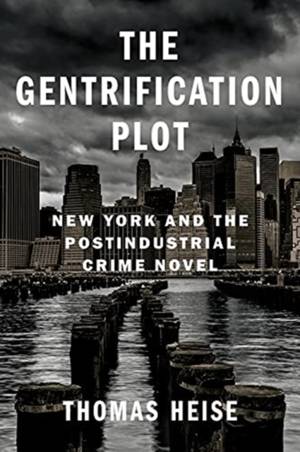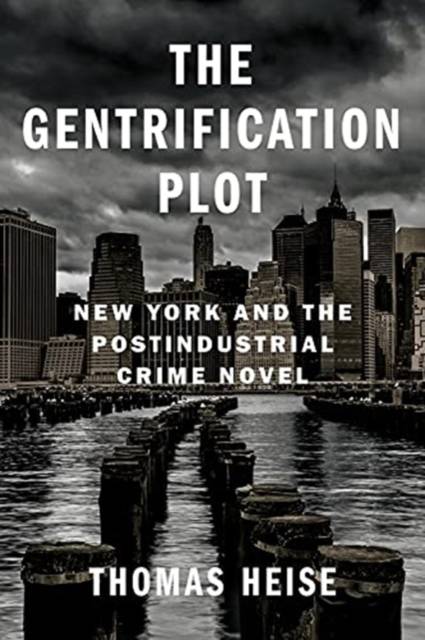
- Retrait gratuit dans votre magasin Club
- 7.000.000 titres dans notre catalogue
- Payer en toute sécurité
- Toujours un magasin près de chez vous
- Retrait gratuit dans votre magasin Club
- 7.000.0000 titres dans notre catalogue
- Payer en toute sécurité
- Toujours un magasin près de chez vous
50,95 €
+ 101 points
Format
Description
For decades, crime novelists have set their stories in New York City, a place long famed for decay, danger, and intrigue. What happens when the mean streets of the city are no longer quite so mean? In the wake of an unprecedented drop in crime in the 1990s and the real-estate development boom in the early 2000s, a new suspect is on the scene: gentrification. Thomas Heise identifies and investigates the emerging "gentrification plot" in contemporary crime fiction. He considers recent novels that depict the sweeping transformations of five iconic neighborhoods--the Lower East Side, Chinatown, Red Hook, Harlem, and Bedford-Stuyvesant--that have been central to African American, Latinx, immigrant, and blue-collar life in the city. Heise reads works by Richard Price, Henry Chang, Gabriel Cohen, Reggie Nadelson, Ivy Pochoda, Grace Edwards, Ernesto Quiñonez, Wil Medearis, and Brian Platzer, tracking their representations of "broken-windows" policing, cultural erasure, racial conflict, class grievance, and displacement. Placing their novels in conversation with oral histories, urban planning, and policing theory, he explores crime fiction's contradictory and ambivalent portrayals of the postindustrial city's dizzying metamorphoses while underscoring the material conditions of the genre. A timely and powerful book, The Gentrification Plot reveals how today's crime writers narrate the death--or murder--of a place and a way of life.
Spécifications
Parties prenantes
- Auteur(s) :
- Editeur:
Contenu
- Nombre de pages :
- 256
- Langue:
- Anglais
- Collection :
Caractéristiques
- EAN:
- 9780231200196
- Date de parution :
- 21-12-21
- Format:
- Livre broché
- Format numérique:
- Trade paperback (VS)
- Dimensions :
- 152 mm x 226 mm
- Poids :
- 430 g

Les avis
Nous publions uniquement les avis qui respectent les conditions requises. Consultez nos conditions pour les avis.






